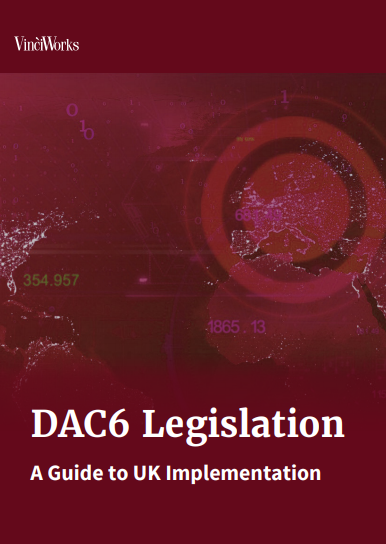Register for our DAC6 email updates

Following engagement with relevant parties for over a year, together with a written consultation document and review period, HMRC laid their DAC6 Regulations before Parliament on 13 January 2020 under the International Tax Enforcement (Disclosable Arrangements) Regulations 2020, Statutory Instrument 2020 No. 25. However, trawling the Directive, the consultation paper and draft guidance to find that one piece of information you need is proving to be a real challenge.
We have summarised all of HMRC’s guidance into an easy-to-read guide answering many of the questions we’ve received from firms.
Here are some of the areas of DAC6 compliance the guide covers:
- The extent to which Brexit will affect DAC6 implementation in the UK
- Transfer of information between EU member states
- Defining intermediaries and who needs to report
- Reporting exemptions
- Understanding hallmark categories








